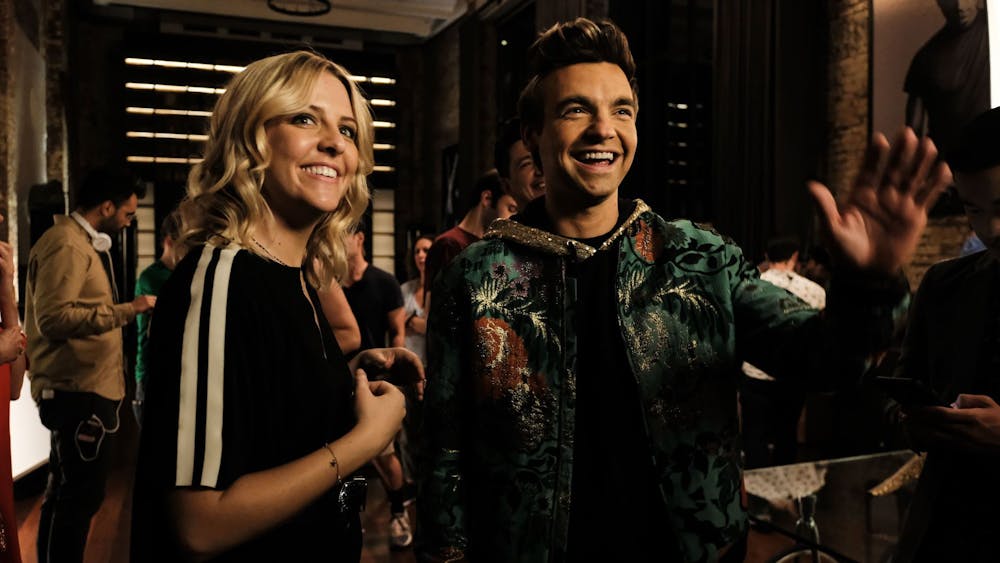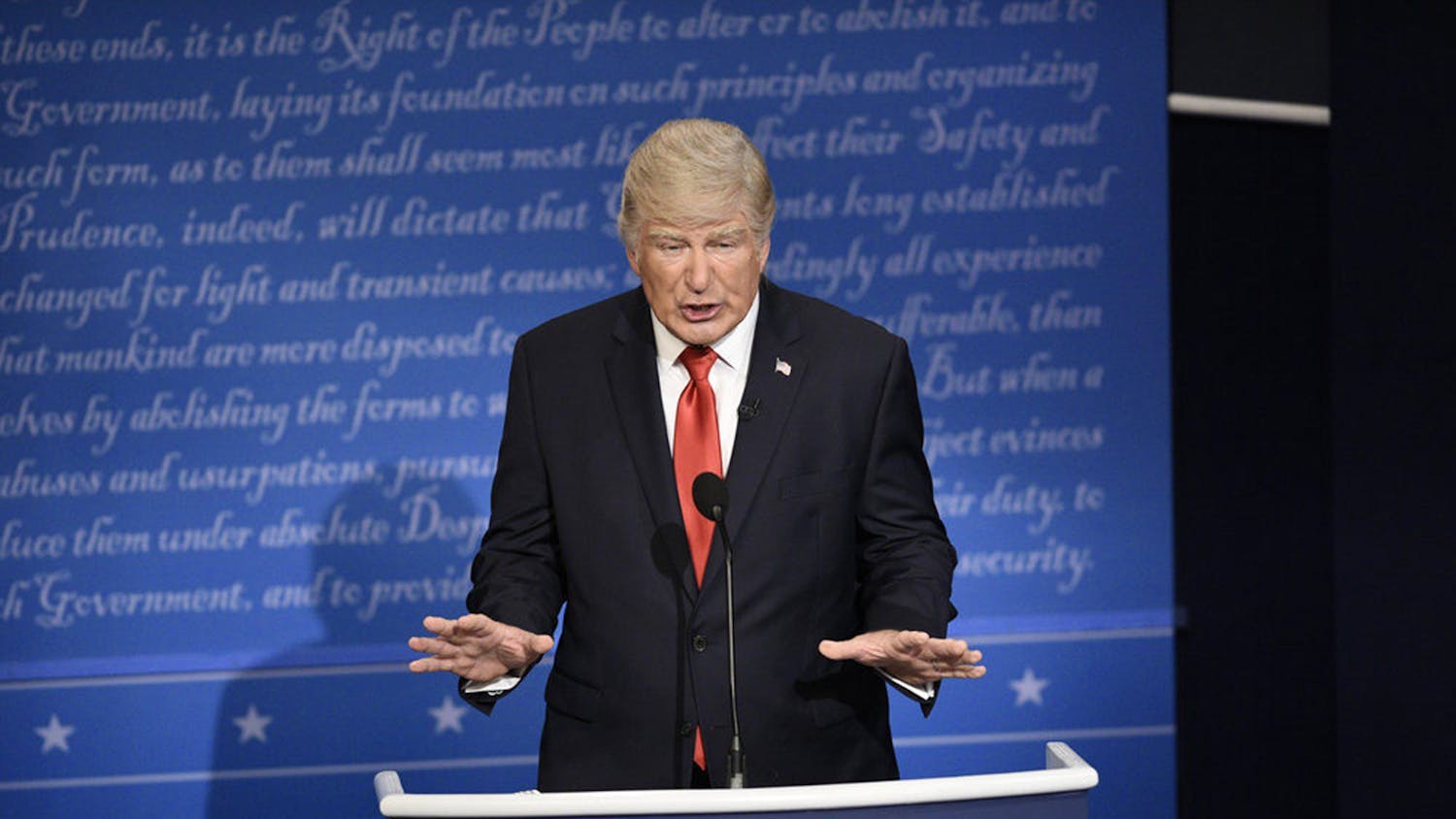The day was June 28. The air: humid and dreary. As I sat on my phone scrolling through Twitter, I never could’ve anticipated the horror that I was about to experience. But then, it happened: I read those fateful words.
“The Other Two” — the best comedy on television — would not be returning for a fourth season.
This news hit me like a ton of bricks. Was this some kind of cosmic joke?
Unfortunately, it was real. The showrunners — SNL writers’ room alums Chris Kelly and Sarah Schneider — decided to end the celebrated series after its third season.
This news came as a surprise to everyone, with one Twitter user even declaring that “the golden age of TV is over.” After all, the third season wasn’t advertised as the final season and the show was just beginning to pick up mainstream attention. At least we had time to prepare for the “Succession” series finale.
Despite my dramatics, I can confidently say that “The Other Two” will go down in history as one of the greatest comedy series of all time.
The series follows Cary and Brooke Dubek (Drew Tarver and Heléne Yorke), two millennial siblings who struggle to find their places in both life and the entertainment industry after their 13-year-old brother Chase becomes an overnight singing sensation.
The third season saw Cary, an aspiring actor, finally gain a little bit of fame with the release of his film “Night Nurse,” which was delayed three years due to COVID-19. Brooke, Chase’s manager, set off on a mission to “do good” — a quest that stemmed from her inability to comprehend why her boyfriend, Lance (Josh Segarra), is such a naturally good person.
Throughout the season, Cary and Brooke go to increasingly concerning measures to achieve self-fulfillment. Cary — determined to win an Oscar — becomes incredibly delusional and selfish, which results in his closest friendships dissolving. Brooke does borderline criminal things to prove that Lance isn’t that great, destroying their relationship in the process. Both head down a path of self-destruction that culminates in them having explosive come-to-Jesus moments in the series finale.
The writers took more risks in season three, opting for a more fantastical, referential sense of humor that isn’t concerned with realism. I’ll try not to give away too many of the best bits, but there’s a spontaneous musical number in the eighth episode that left my jaw on the floor. Other all-timer gags include Cary’s method actor boyfriend who refuses to break character and a tech bro who takes Brooke to space on their first date, which happens in an episode aptly titled, “Brooke, and We Are Not Joking, Goes to Space.”
Not only is the humor sharp — so is the commentary. Never has a modern comedy series been this in tune with pop culture, and we can turn to Twitter to prove it. Last month, one user announced that they voiced Pixar’s first non-binary character in “Elemental.” People immediately noted the similarities between this and a plotline in “The Other Two” in which Cary boasts about playing Disney’s first “unapologetically queer character,” Globby, a literal sack of mucus.
The show’s comedic talent is unmatched, which makes saying goodbye to “The Other Two” all the more painful. Each supporting cast member is fantastic, but Ken Marino deserves a special shoutout for his portrayal of Streeter Peters, Chase’s co-manager. Marino trying to seduce Ben Platt is one of the funniest scenes of the year.
But it’s Drew Tarver and Heléne Yorke who deliver truly showstopping performances. Their undying commitment to being over-the-top and smarmy is admirable, and something that most actors — even prominent comedians — couldn’t do. The series finale gives them space to showcase their dramatic acting chops, as Cary and Brooke are forced to reckon with the mistakes that they’ve made. They showcase real vulnerability and it hits like a punch to the gut.
Overall, “The Other Two” is a time capsule for modern culture and I literally couldn’t recommend it more. Seriously — go watch it. I’m in mourning and need to talk about it with people.






